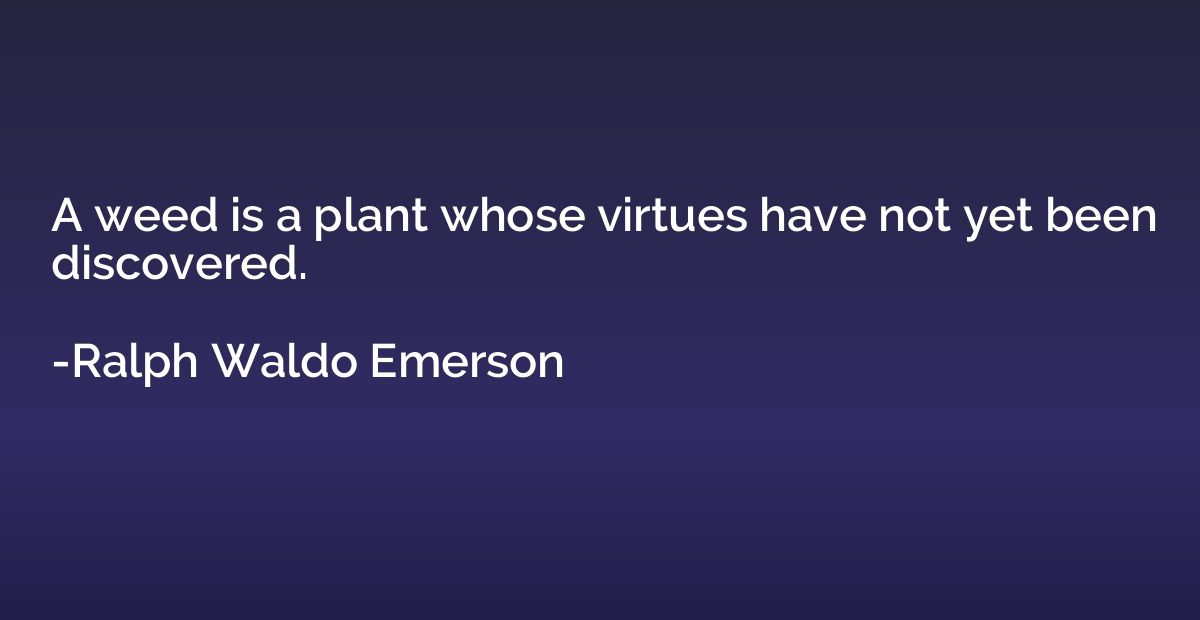Quote by Charles Dickens
Any capitalist . . . who had made sixty thousand pounds out of sixpence, always professed to wonder why the sixty thousand nearest Hands didn't each make sixty thousand pounds out of sixpence, and more or less reproached them every one for not accomplishing the little feat. What I did you can do. Why don't you go and do it?

Summary
This quote highlights the unrealistic expectations and lack of empathy often expressed by wealthy capitalists towards the working class. It criticizes the notion that success in capitalism is solely based on individual effort, disregarding the systemic barriers and disparities in opportunities. The quote implies that wealthier individuals fail to recognize the inherent inequality and challenges faced by those less fortunate, urging them to consider the larger socio-economic context before passing judgment.














